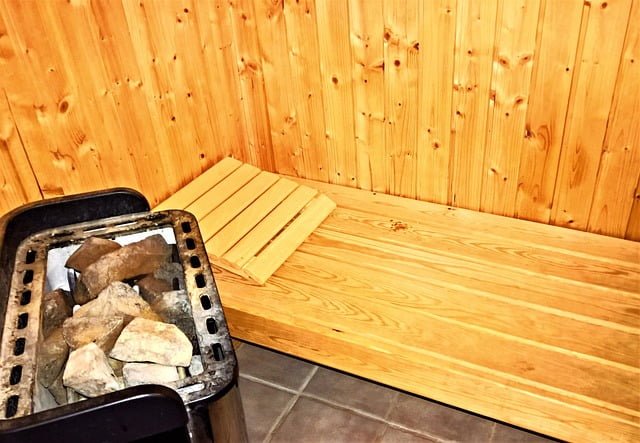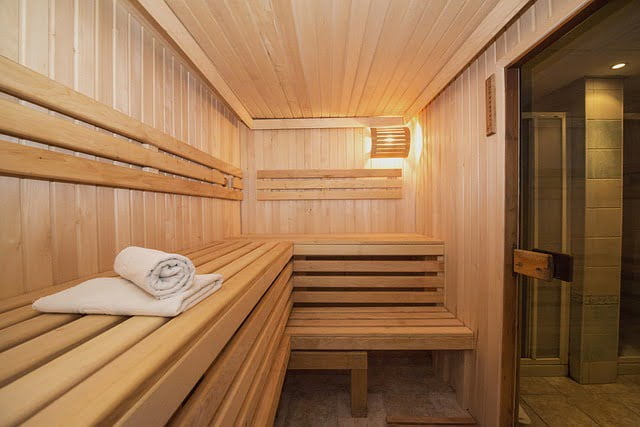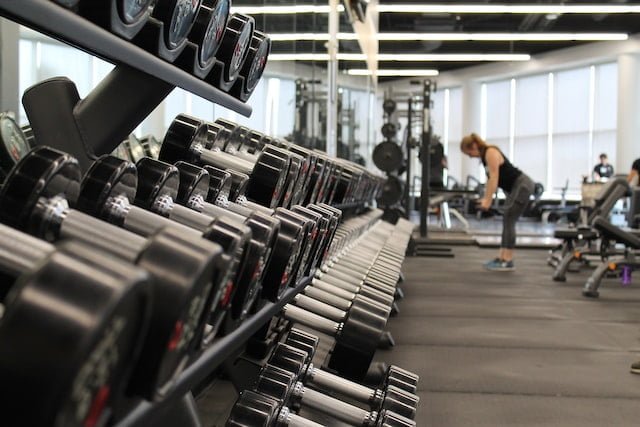10 Benefits Of Using the Sauna After Your Workout
You can find saunas in many gyms, and some even have separate ones for men and women. Spending some time in the sauna may seem unnecessary after a workout, but can saunas contribute to your physical health? Or is using the sauna after a workout a waste of time?
The use of heat in healing treatments dates back thousands of years. Ancient cultures like the Greeks, Romans, and Mayans were already enjoying the benefits of saunas and steam rooms long before the invention of barbells, treadmills, and exercise centers.
Using a sauna after a workout can be an excellent way to relax and promote recovery. Below, I’ll show you ten benefits of using a sauna after working out, how to do it, and some risks and considerations to consider beforehand.
Benefits
- Promotes muscle recovery: Sauna use after exercise has been shown to lessen muscle soreness and stiffness. A sauna’s high heat and humidity can hasten muscular recovery by increasing blood flow.
- Increases circulation: Better oxygen and nutrition delivery to muscles is one benefit of increased circulation, made possible by the dilation of blood vessels during a sauna session.
- Helps with weight loss: The increased heart rate and metabolism you experience in a sauna have been linked to weight reduction. Sauna use can aid weight loss by raising core body temperature.
- Detoxification: Toxin elimination through sweating in a sauna has been linked to improved health and well-being.
- Reduces stress: The use of a sauna after a workout can be a wonderful method to unwind and relieve stress. The heat and dampness may have a sedative effect, making you feel better emotionally and physically.
- Boosts the immune system: Saunas have been shown to increase white blood cell production, making it better able to fend off infections and other diseases.
- Improves skin health: Benefits to skin health include the removal of pollutants and dead skin cells through perspiration stimulated by a sauna’s heat.
- Increases endurance: The use of a sauna has been shown to increase endurance by enhancing blood flow and oxygen delivery to muscles, thereby enhancing physical efficiency.
- Improves sleep quality: The use of a sauna has been linked to better sleep quality because of its calming and stress-relieving effects. After a strenuous workout, a sauna session is a great way to relax and get ready for a good night’s slumber.
- Enhances mental clarity: The heat and humidity of a sauna can help increase blood flow to the brain, which can improve cognitive function and enhance mental clarity. Using a sauna after the gym can help you feel more alert and focused throughout the day.
How to Do It
- Hydrate: Before entering the sauna, make sure you are well-hydrated. Drink plenty of water before, during, and after your workout and sauna session to replenish lost fluids.
- Cool down: After your gym routine, allow your body to cool down naturally before entering the sauna. Take a few minutes to relax and let your heart rate return to a normal level.
- Start slow: If you are new to using saunas, start with shorter sessions at lower temperatures to allow your body to adjust. Begin with 10-15 minutes and gradually increase the time as you become more comfortable.
- Temperature control: Saunas typically have adjustable temperature settings. Set the temperature to a comfortable level, usually between 160 to 180 degrees Fahrenheit (70 to 82 degrees Celsius). Avoid excessively high temperatures to prevent overheating.
- Monitor your body: Pay attention to how your body responds to the heat. If you start feeling lightheaded, dizzy, or uncomfortable, exit the sauna immediately. Listen to your body’s cues and do not push yourself beyond your limits.
- Stay hydrated: While in the sauna, bring a water bottle with you to stay hydrated. Take small sips of water periodically to replace the fluids lost through sweating.
- Cool down (again): After your sauna session, allow your body to cool down gradually. Take a lukewarm shower or rest in a cool room to bring your body temperature back to normal.
- Repeat as needed: You can repeat sauna sessions as desired, but be mindful of your body’s response. Some individuals may benefit from using the sauna multiple times a week, while others may prefer less frequent sessions. Listen to your body and adjust your sauna usage accordingly.
- Know your limits: If you have any pre-existing health conditions, such as cardiovascular issues or high blood pressure, consult with your healthcare provider before using a sauna. They can provide specific recommendations based on your individual circumstances.
- Practice proper gym sauna etiquette: Respect other sauna users by following proper sauna etiquette. Bring a towel to sit on, as this helps maintain cleanliness. Remember to clean up after yourself and leave the sauna in the same condition you found it.
Risks and Considerations
- Dehydration: One of the primary risks of using a sauna after a workout is dehydration. Sweating excessively can lead to fluid loss, so it’s crucial to hydrate before, during, and after your sauna session. Drink plenty of water to replenish lost fluids and electrolytes.
- Heat exhaustion and heatstroke: Saunas produce intense heat, and spending too much time or using excessively high temperatures can lead to heat exhaustion or even heatstroke. Start with shorter sessions after your workout at lower temperatures and gradually increase them as your body adjusts. Pay attention to signs of overheating, such as dizziness, nausea, or an irregular heartbeat, and exit the sauna immediately if you experience any discomfort.
- Cardiovascular strain: The high temperatures in saunas can put additional strain on the cardiovascular system. Individuals with pre-existing heart conditions or high blood pressure should consult their healthcare provider before using a sauna. If you experience any chest pain, shortness of breath, or other concerning symptoms, seek medical attention promptly.
- Skin sensitivity: Some individuals may have sensitive skin that reacts negatively to the heat and humidity of a sauna. If you have a history of skin conditions or are prone to skin irritation, it’s advisable to consult a dermatologist before using a sauna after working out.
- Overexposure: To prevent potential risks, it’s important not to overexpose yourself to the sauna after your workout. Follow the manufacturer’s guidelines or consult with a sauna expert to determine appropriate time limits and temperature settings based on your fitness level and tolerance.
Conclusion
Taking advantage of a sauna’s health advantages after the gym is highly recommended. A sauna is a great choice for post-workout recovery because it can help with muscular soreness, blood flow, and overall relaxation. However, if you are worried about using the sauna in public, you can also get these benefits by purchasing a sauna for your home. If you have a disease that could be exacerbated by the high heat and humidity, you should talk to your doctor before using a sauna.






